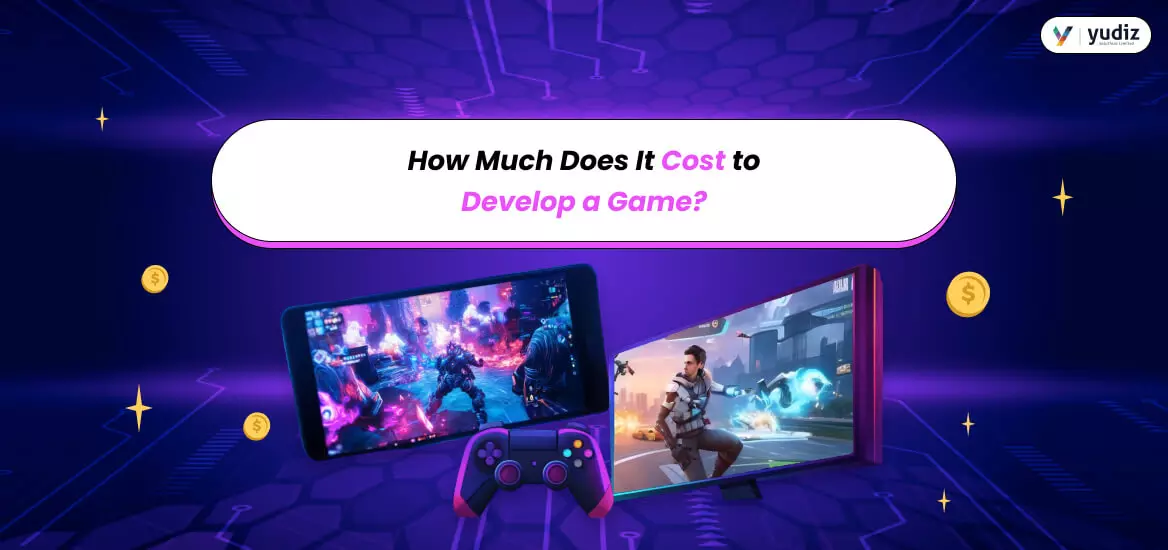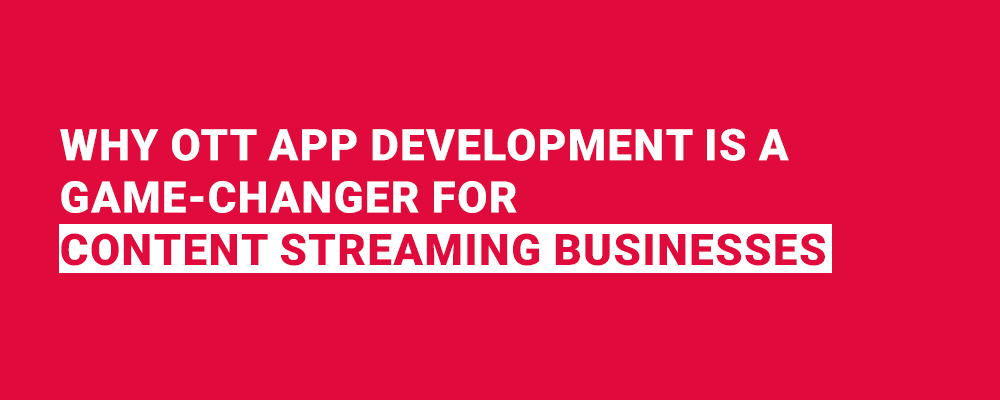How Much Does It Cost to Develop a Game?

Creating a game is a complex process that involves several stages, from the initial concept to the final product. However, the first question that comes to mind for most people is, “How much does it cost to develop a game?” the answer depends on various factors such as the type of game, the development platform, the game design, and the development team’s size and expertise.
In this article, we’ll dive into the various aspects that influence game development costs and provide an in-depth understanding of what goes into it. Whether you’re looking to develop a simple mobile game or a feature-packed multiplayer game, this guide will give you a better idea of what to expect regarding costs.
Types of Games and Their Development Costs
The type of game you wish to develop plays a significant role in determining the game development costs. Here are the major categories:
Mobile Games
Mobile games are relatively easier to develop compared to pc or console games. The cost to make a mobile game generally ranges from $20,000 to $500,000, depending on the complexity and features. The mobile game development costs also depend on the platform (iOS, android, or both) and whether the game is 2d or 3d.
PC and Console Games
Developing games for pc or console involves a higher budget. These games require more advanced graphics, longer gameplay, and more sophisticated mechanics. The cost of developing games for pc or console can range from $100,000 to several million dollars.
Multiplayer Games
Multiplayer games involve extra layers of complexity because they require servers, databases, and synchronization between multiple players. The cost to develop a multiplayer game usually starts at $100,000 and can easily go into millions depending on the scale and server infrastructure required.
Game Development Process and Its Costs
The game development process can be divided into several stages, each contributing to the overall cost. These include:

Pre-Production
Pre-production is where the concept and design for the game are developed. This stage includes creating storylines, characters, and game mechanics. The cost of designing a game in this stage typically ranges from $5,000 to $50,000, depending on the complexity.
Production
Production is where most of the game development happens. This stage involves coding, designing, and animating the game. The cost of game design & development in this phase can vary widely depending on the number of features, the quality of graphics, and whether you are developing for multiple platforms.
Post-Production
Post-production includes testing the game for bugs, optimizing performance, and launching the game. The cost here depends on how polished you want your game to be before it’s released. This can add anywhere from $10,000 to $50,000 to your budget.
Factors Influencing Game Development Costs
Several factors affect the total cost of developing a game. Let’s look at the most important ones:
Game Complexity
A simple 2d game with basic mechanics will be far cheaper to develop than a complex 3d game with intricate gameplay and multiple levels. The more detailed and expansive the game world, the higher the game development cost.
Game Platforms
The cost of developing games will also depend on whether they are for mobile, PC, console, or multiple platforms. Developing more than one platform will increase the cost.
Design and Artwork
High-quality graphics and unique designs will increase the custom game development costs. A game with a unique art style or detailed animations will require more resources and, therefore, a higher budget.
Team Size and Expertise
The cost to hire game developers is another major expense in the process. A larger, more experienced team will naturally increase the game development cost. For example, hiring a team of senior developers, designers, and project managers will cost significantly more than hiring junior-level talent.
Cost Breakdown of Game Development
Now, let’s break down the typical expenses involved in game development:
Development Team
A game development team generally consists of developers, designers, animators, project managers, and QA testers. The cost to hire game developers can range from $30 to $150 per hour, depending on their experience and location.
Game Engine
Most games are developed using game engines like Unity or Unreal engine. While some game engines are free, others come with licensing fees. The choice of engine will influence the overall game app development cost.
Tools and Software
Developers use various tools and software for coding, design, and animation. These tools may come with subscription fees or one-time payments, adding to the game design and development costs.
Testing
Testing is crucial to ensure that the game runs smoothly across all platforms. Quality assurance testers identify bugs and suggest improvements. The cost of testing can range from $10,000 to $50,000, depending on the complexity of the game.
Marketing
Once your game is developed, you’ll need to invest in marketing to promote it. The marketing budget can be as little as $5,000 for an indie game or as high as $500,000 for AAA games.
How to Save on Game Development Costs
If you’re working with a limited budget, there are ways to reduce your game development cost without sacrificing quality.
Use Existing Assets
Instead of creating assets from scratch, you can purchase pre-designed assets from online marketplaces. This will save both time and money.
Outsource Development
Hiring a game development company that specializes in outsourcing can significantly reduce costs, especially if the company is located in a region with lower labor costs.
Use Open-Source Tools
You can save money by using free or open-source tools for coding and design. These tools can be just as effective as their paid counterparts for small to medium-scale games.
Read: How Much Does It Cost to Develop a Metaverse? A Comprehensive Guide
Create Epic Games Today

Conclusion: What’s the Final Cost to Develop a Game?
So, how much does it cost to develop a game? The final game development cost depends on various factors such as game type, design complexity, and team expertise. For a simple mobile game, the cost could be as low as $20,000. For more innovative features-rich mobile games, the cost to develop a game could reach several million dollars.
Understanding the cost of game design & development helps you plan better, allocate your resources, and ensure that your project stays within budget. Whether you’re developing a mobile game, a multiplayer game, or a pc game, having a clear understanding of the different cost factors will ensure the success of your project.
In summary, game development is an investment, and the more complex your project, the higher the cost of game design & development will be. However, with careful planning and the right team, you can successfully bring your game idea to life within your budget.
Frequently Asked Questions
The cost of game development is influenced by several factors, including the game’s complexity, design quality, platform (mobile, PC, or console), and the development team’s size and expertise. Other factors include software tools, game engines, and testing requirements. Additionally, marketing and post-launch support can add to the overall costs.
Developing a mobile game typically costs between $20,000 and $500,000, depending on complexity. In contrast, PC or console games, which require more advanced graphics and gameplay, can range from $100,000 to several million dollars.
The cost to hire a game development team varies based on their expertise and location. Developers typically charge between $30 to $150 per hour. A full team of developers, designers, and testers can result in a substantial cost depending on the scope and duration of the project.
Game complexity directly affects the development cost. A simple 2D game with basic mechanics is less expensive to develop, while complex 3D games with detailed graphics, intricate gameplay, and numerous levels require more resources, driving up the overall cost significantly.
Yes, adding multiplayer features increases the game development cost. Multiplayer games require additional infrastructure like servers, database management, and synchronization between players, which adds layers of complexity and significantly raises both development and post-launch maintenance costs.
















